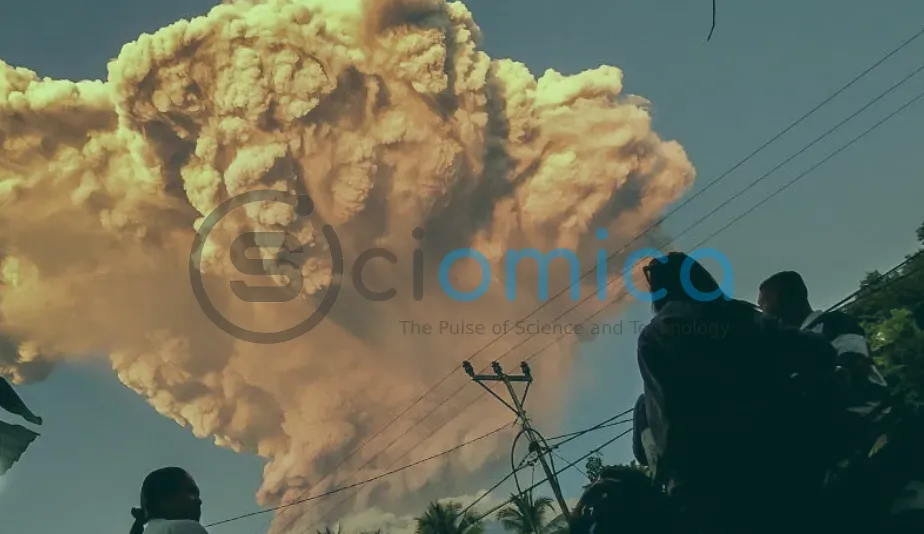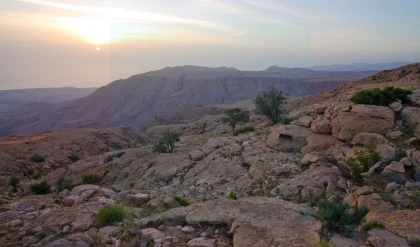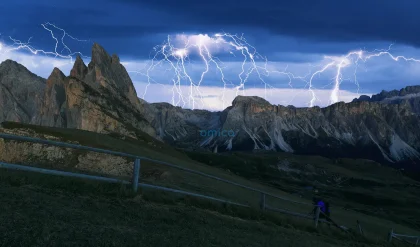
On June 17, 2025, Indonesia’s Mount Lewotobi Laki-laki, a 1,584-meter volcano on Flores Island, erupted spectacularly, unleashing an ash cloud soaring 11 kilometers (6.8 miles) into the sky. The eruption, which occurred at 5:35 p.m. local time, was followed by another significant outburst at 7:45 a.m. on June 18, intensifying concerns in the region. The towering, mushroom-shaped ash plume, visible up to 90 miles away, prompted authorities to raise the volcano’s alert level to the highest tier, triggering mass evacuations and widespread flight disruptions.
The eruptions, marked by 50 volcanic incidents in just two hours, have caused significant chaos. Volcanic ash rained down on villages, blanketing streets with thick layers of gravel and sand. At least one village near the volcano was evacuated, with residents within an 8-kilometer radius urged to flee due to risks of pyroclastic flows and potential lava floods if heavy rains occur. No casualties have been reported, but the memory of a deadly November 2024 eruption, which claimed nine lives, looms large.
The impact on air travel has been severe. Bali’s I Gusti Ngurah Rai International Airport, a key tourism hub, canceled dozens of flights, including domestic routes to Jakarta and Lombok, as well as international connections to Australia, Singapore, China, and India. Singapore Airlines and AirAsia were among the carriers affected, with Maumere’s airport in East Nusa Tenggara also shuttered. The aviation alert was raised to red, prohibiting flights below 6,000 meters near the volcano.
Indonesia, situated on the Pacific Ring of Fire, is no stranger to volcanic activity, with 127 active volcanoes. Lewotobi Laki-laki, meaning “man” in Indonesian, is twinned with the calmer Lewotobi Perempuan (“woman”). The volcano has been highly active in 2025, with eruptions in February, March, and May, each disrupting regional travel. The latest events underscore the nation’s vulnerability to seismic hazards and the need for robust disaster preparedness.
Authorities remain on high alert, with ongoing tremors signaling continued volcanic activity. The Indonesian Geology Agency is closely monitoring the situation, warning of potential further eruptions. For tourists and residents, the eruptions serve as a stark reminder of nature’s unpredictability. As Bali’s tourism industry braces for economic impacts, global observers emphasize the importance of advanced monitoring systems to mitigate risks in this volatile region.
The resilience of local communities, coupled with swift government action, will be critical as Indonesia navigates this latest natural challenge. With no immediate end to the volcanic activity in sight, the world watches as Lewotobi Laki-laki continues to assert its fiery presence.






